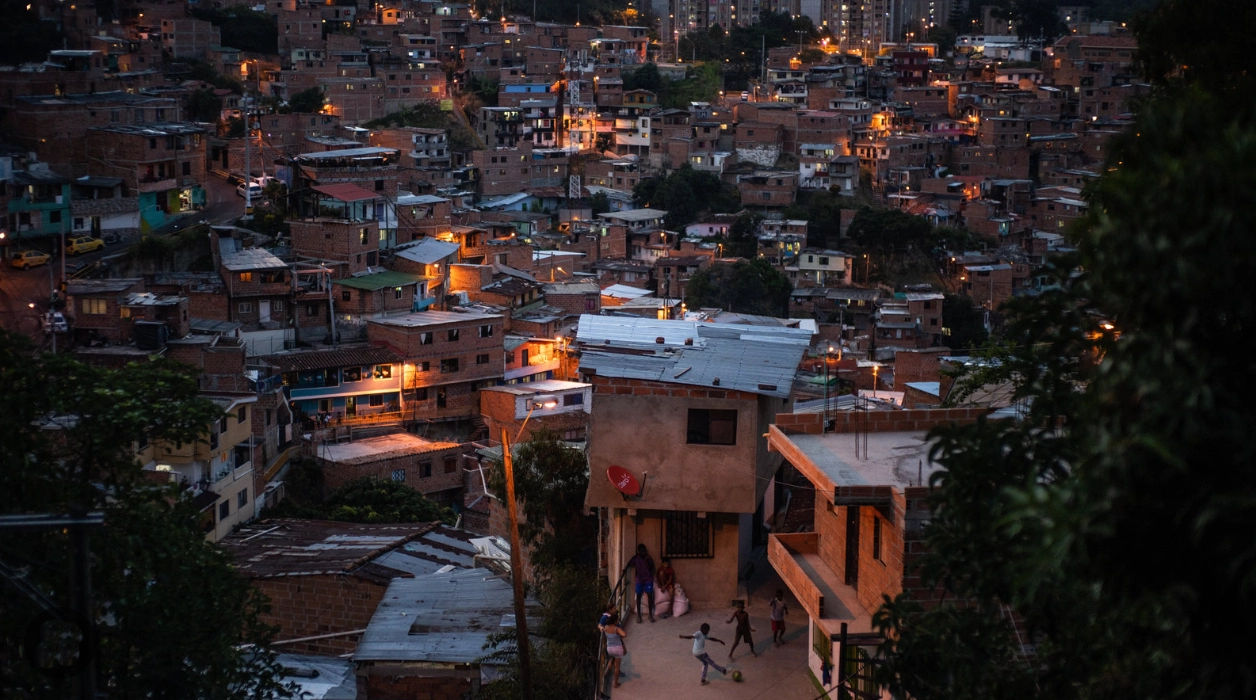Democracy as a political system has faced its harshest criticisms during the last decade, especially in Latin America. According to the AmericasBarometer 2021, the different crises experienced by the countries of the region, together with the Covid-19 pandemic, justify the scarce recovery of citizens’ confidence in the democratic system, as well as their greater preference for the centralization of power in the Executive. El Salvador is a clear example of this phenomenon. While President Nayib Bukele has capitalized on citizen support for his government, he has also ordered the systematic intimidation of the legislative branch, while concentrating decision-making in the presidency.
Although support for democracy has shown resilience recently, public opinion surveys illustrate the latent skepticism of the population regarding the system’s ability to resolve the economic recession or to address health pressures from Covid-19. The recent Latinobarómetro report highlights that criticisms of the performance of democracy did not change during the pandemic; on the contrary, they became more acute, as a result of the profound failures of the health systems, which have become evident during this viral crisis. This context deepened the poverty and inequality that were already characteristic of the permanent crisis in Latin America.
However, it is necessary to remember that the problems are not limited to financial or health management. The Economic Commission for Latin America and the Caribbean (ECLAC) has long warned that the main limitations to democracy in the region are violence and inequality, both products of a shared reality in all these countries: poverty and underdevelopment. In this sense, more detailed surveys by the Pew Research Center show that these two factors not only contribute to citizen disaffection toward democracy but also encourage the questioning of basic democratic principles such as equity and justice.
While it is true that Mexico has not been oblivious to the reality described above, most analyses have focused on measuring the population’s distrust of democracy, far from understanding what sociocultural factors perpetuate this crisis. There is an initiative carried out in more than 25 countries around the world called the International Social Survey Program. It seeks to measure the size and perception of social inequality, thus contributing to the understanding of opinions on the subject. In Mexico, this information was compiled by the consulting firm Parametría. The results map out what factors the public considers necessary to progress in life, what kind of society their country reflects, whether there are differences between population groups, and who is responsible for combating these inequalities.
Hard work, the pursuit of a good education, and the “right” contacts are the three most important factors for getting ahead in life around the world. In fact, on average, three-quarters of respondents worldwide agree with this idea; in Mexico, this consensus corresponds to only half of the people. On the other hand, religion, gender, and bribery of authorities are discarded as levers for good results.
Another piece of information that reveals the perception of inequality is obtained by probing the type of society in which we live. The distortions are clear. Those who identify themselves with the lowest social class see society as a large pyramid, in which the greatest volume of people is concentrated at the base; on the other hand, those who are in the upper middle or upper class consider that most of society is concentrated in the center and interpret their societies not as a pyramid, but as a rhombus. When the readings are so different from each other, it is not difficult to imagine the obstacles to an agreement on social equity policies.
Likewise, despite the fact that the majority of respondents recognize the gap between rich and poor in their countries, Mexico is where the existence of this difference is least noted. In fact, the perception of greater income gaps occurs in European countries that are far more socially homogeneous than Mexico or any Latin American nation. Mexicans have considerably reduced their perception of income gaps and, at the same time, the percentage of people who do not believe that it is the government’s responsibility to close these gaps has increased. In this sense, opinions about the opportunities for progress among those with more or less purchasing power are totally contrasting. While more than half of those surveyed approve of people with money having access to better health care, more than half disapprove of their access to better education.
In general, the data allow us to observe strong regional differences with respect to the perception of economic inequality, the responsibility of the state, or the values of progress. The information also underlines the contrasts between the Latin American countries that participated, and Mexicans were the most dissimilar in their responses. Thus, the opinions regarding the type of society and its inequality show the difficult road that democracy has yet to travel in these countries. Although this political system continues to seek solutions to dissipate such differences, citizen perception of its performance will continue to be negative as long as social inequality continues.
*Translated from Spanish by Janaína Ruviaro da Silva











